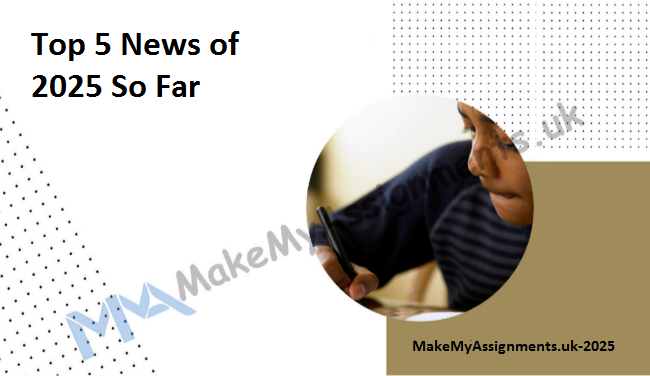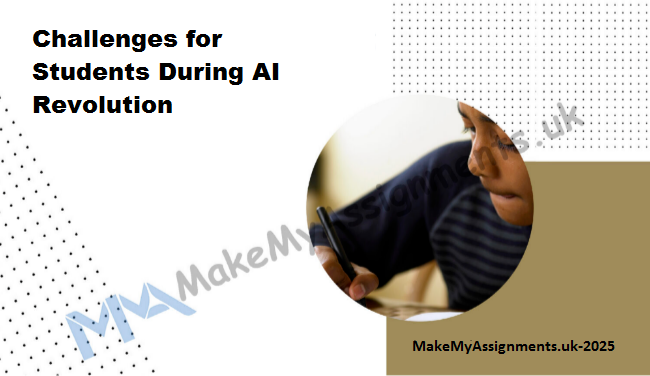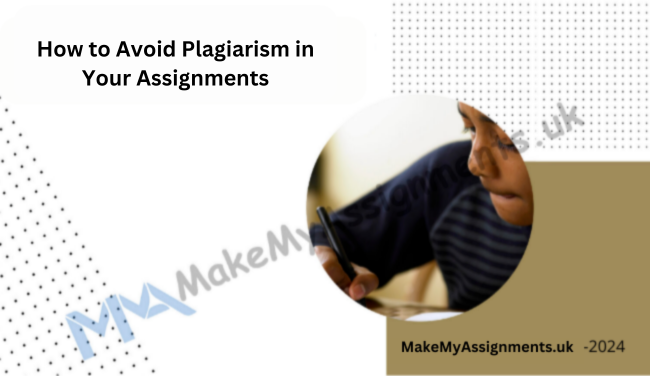
Promoting Critical Media Literacy in the Digital Age
In today’s interconnected world, where information bombards us from all directions, fostering critical media literacy has become increasingly crucial. With the rise of digital technologies and social media platforms, individuals are constantly exposed to a plethora of news articles, videos, advertisements, and opinions. However, not all information presented is accurate, reliable, or unbiased. Therefore, it’s imperative to equip people with the skills to critically analyze media messages and discern fact from fiction. In this blog post, we’ll delve into the importance of promoting critical media literacy in the digital age and explore strategies to enhance these skills.

Understanding Critical Media Literacy
Critical media literacy involves the ability to analyze, evaluate, and interpret media content critically. It goes beyond simply consuming information; it empowers individuals to question, deconstruct, and challenge the messages conveyed through various media channels. By developing critical media literacy skills, people can become discerning consumers of information, capable of identifying bias, propaganda, misinformation, and manipulation.
The Need for Critical Media Literacy
In today’s digital landscape, where misinformation spreads rapidly and echo chambers abound, critical media literacy is more important than ever. With the proliferation of fake news, deepfakes, and clickbait headlines, it’s easy for individuals to be misled or influenced by deceptive media content. Moreover, social media algorithms often reinforce pre-existing beliefs, leading to the fragmentation of society into polarized echo chambers.
Promoting critical media literacy is essential for several reasons:
- Empowering Individuals: Critical media literacy empowers individuals to think critically and make informed decisions. By teaching people how to analyze media messages, we enable them to navigate the digital world with confidence and discernment.
- Safeguarding Democracy: In a democratic society, an informed citizenry is essential for the functioning of democracy. Critical media literacy fosters an engaged and discerning electorate capable of distinguishing between credible information and propaganda.
- Countering Misinformation: Misinformation and fake news pose significant threats to society, influencing public opinion, and eroding trust in institutions. Critical media literacy equips people with the tools to identify and debunk false information, thereby mitigating its harmful effects.
- Promoting Media Diversity: Critical media literacy encourages the consumption of diverse perspectives and voices. By teaching individuals to critically evaluate media content, we promote media pluralism and combat the spread of bias and stereotypes.
Strategies for Promoting Critical Media Literacy
Promoting critical media literacy requires a multifaceted approach involving educators, policymakers, media organizations, and individuals themselves. Here are some strategies to enhance critical media literacy:
- Education: Integrate media literacy education into school curricula at an early age. Teach students how to critically analyze media messages, assess credibility, and identify persuasive techniques.
- Media Literacy Workshops: Organize workshops and training sessions for educators, parents, and community members to enhance their media literacy skills. Provide practical tools and resources for evaluating media content effectively.
- Fact-Checking: Encourage the use of fact-checking websites and tools to verify information before sharing it. Teach individuals how to spot misinformation and distinguish between reliable and unreliable sources.
- Critical Thinking Skills: Emphasize the development of critical thinking skills, such as questioning assumptions, evaluating evidence, and considering alternative viewpoints. Encourage individuals to approach media content with skepticism and curiosity.
- Media Production: Teach media production skills to empower individuals to create their own content responsibly. By understanding the process of media production, people can better appreciate the complexities of media representation and manipulation.
- Promote Media Diversity: Support media outlets that prioritize diversity and inclusion. Encourage the consumption of a wide range of media sources representing diverse perspectives and experiences.
- Engage in Dialogue: Foster open and respectful dialogue about media literacy issues within communities and online platforms. Encourage discussions about media ethics, bias, and the impact of media on society.
At MakeMyAssignments.uk, we understand the importance of equipping students with critical media literacy skills in today’s digital age. Our platform is committed to providing academic support and resources that empower students to navigate the complexities of media content with confidence and discernment. Here’s how MakeMyAssignments.uk can assist students in developing critical media literacy:
1. Incorporating Media Literacy in Academic Assistance:
- Our expert tutors integrate media literacy concepts into academic assistance sessions, helping students critically analyze media content related to their coursework.
- Whether it’s evaluating research sources, dissecting media representations in literature, or understanding media’s role in shaping historical narratives, our tutors provide guidance and support to enhance students’ media literacy skills.
2. Media Literacy Resources and Workshops:
- MakeMyAssignments.uk offers a range of resources, including articles, guides, and workshops, specifically designed to promote media literacy among students.
- Our workshops cover topics such as fact-checking techniques, identifying bias in media, and critically evaluating online information sources, providing practical tools for students to navigate the digital landscape effectively.
3. Customized Assignments and Projects:
- Through our platform, students can request customized assignments and projects that promote critical media literacy skills.
- Whether it’s analyzing media representations in a film, conducting a comparative study of news sources, or creating multimedia presentations that challenge stereotypes, our expert writers can tailor assignments to reinforce media literacy learning objectives.
4. Encouraging Critical Thinking and Dialogue:
- MakeMyAssignments.uk fosters a culture of critical thinking and dialogue, encouraging students to question assumptions, challenge perspectives, and engage critically with media content.
- Our interactive platform facilitates discussions among students and tutors, providing a supportive environment for exploring media literacy issues and sharing diverse viewpoints.
5. Collaboration with Educators and Institutions:
- We collaborate with educators and institutions to promote media literacy initiatives within academic settings.
- MakeMyAssignments.uk provides resources and support to educators interested in integrating media literacy into their curricula, helping to reinforce media literacy skills both inside and outside the classroom.
6. Promoting Ethical Media Consumption:
- We emphasize the importance of ethical media consumption and responsible sharing practices among students.
- Through educational materials and guidance from our tutors, students learn to recognize the ethical implications of media consumption and contribute to a more informed and responsible online community.
MakeMyAssignments.uk is committed to empowering students with the critical media literacy skills they need to thrive in the digital age. By providing academic support, resources, and opportunities for dialogue, we help students become discerning consumers and creators of media content. With our assistance, students can navigate the complexities of the media landscape with confidence, integrity, and a commitment to truth and accuracy.




This Post Has 0 Comments